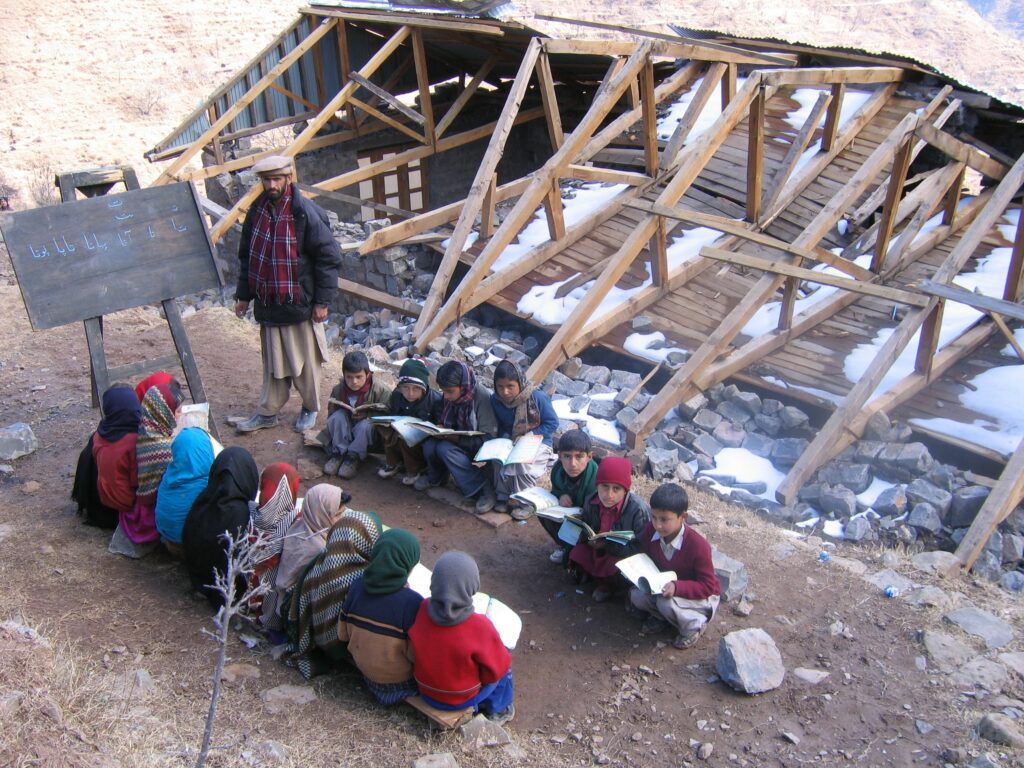What event moved me most in my humanitarian work?
Humanitarian work can be emotionally challenging and rewarding at the same time. Some events that may have a significant impact on people engaged in humanitarian work are:
- Witnessing or experiencing the suffering and trauma of vulnerable people, such as refugees, victims of natural disasters, or individuals living in poverty
- Seeing the positive impact of your work on the lives of those you help, such as providing basic needs like food, shelter, and medical care
- Receiving appreciation and gratitude from the people you help, which can be a powerful motivator and reminder of the importance of the work you do
- Building strong relationships with the people you help, leading to a sense of connection and empathy towards them.
- Overcoming challenges, such as logistical difficulties or bureaucracy, to deliver aid and support to those who need it.
Overall, the most moving event for each humanitarian worker is subjective and depends on their personal experiences and motivations.
The Kashmir earthquake of 2005 was a significant disaster that had a significant impact on the humanitarian sector. I had a few years of humanitarian experience at the time and was still nascent in the humanitarian field at the time. The earthquake struck on October 8, 2005, with a magnitude of 7.6, and affected the northern parts of Pakistan and parts of India. The earthquake caused massive destruction, including the loss of about 79,000 lives and displacement of people from their homes.
The disaster response to the Kashmir earthquake was one of the largest and most complex relief efforts in the history of Pakistan. International organizations, governments, and local communities all came together to provide aid and support to the affected population. The earthquake brought several challenges to the humanitarian sector, including:
Logistics: The earthquake’s impact on the infrastructure made it difficult to deliver relief goods and support to the affected population
Access: The affected areas were remote, and some were located in conflict zones, making it challenging to reach the affected population
Coordination: The response required coordination between several organizations, including the government, UN agencies, and NGOs, which was challenging.
Funding: The scale of the disaster required significant funding, and resources were scarce, making it difficult to deliver aid and support to all those in need
Despite the challenges, the humanitarian response to the Kashmir earthquake was successful in providing life-saving support and long-term recovery to the affected population. The event highlighted the need for coordination, collaboration, and effective communication between different organizations and stakeholders in the humanitarian sector.Top of Form
The earthquake in Turkiye and Syria on the 6th of February 2023 has brought back the memories from the 2005 Kashmir earthquake. As each day passes by the hope for the alive recovery of victims dwindles. Watching the news every day is a mix of emotions from fear to hope to heartache to utter devastation. As the survivors are found for some and the loved ones of others are lost the emotions are swinging from one extreme to the other.
I expect a lot of the challenges experienced in the Kashmir 2005 earthquake as mentioned above may be similar and lessons learnt may be applied for a swift and timely response.
Mohammad Shoaib Haider, Country Director Pakistan, HOPE’87, Humanitarian Worker



















